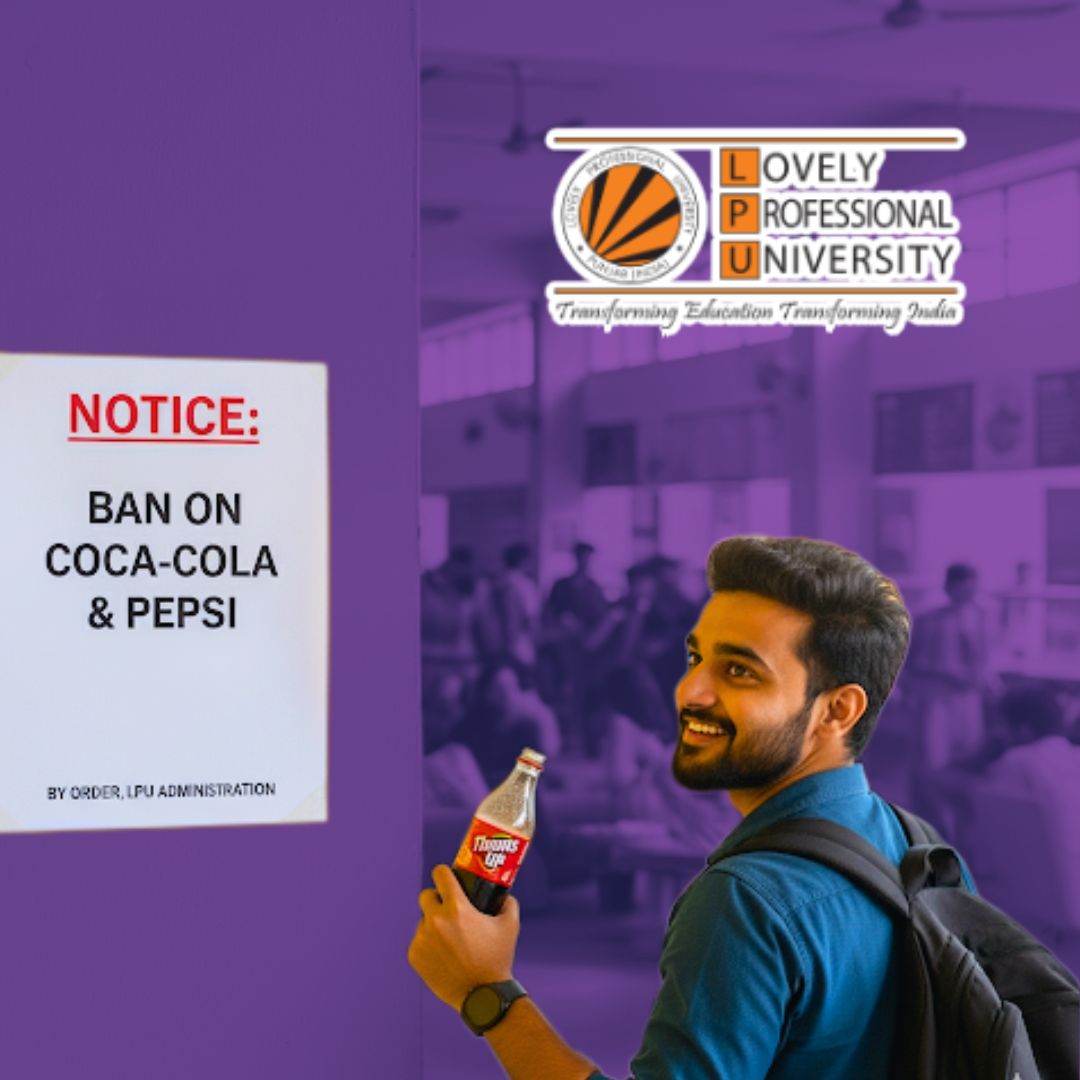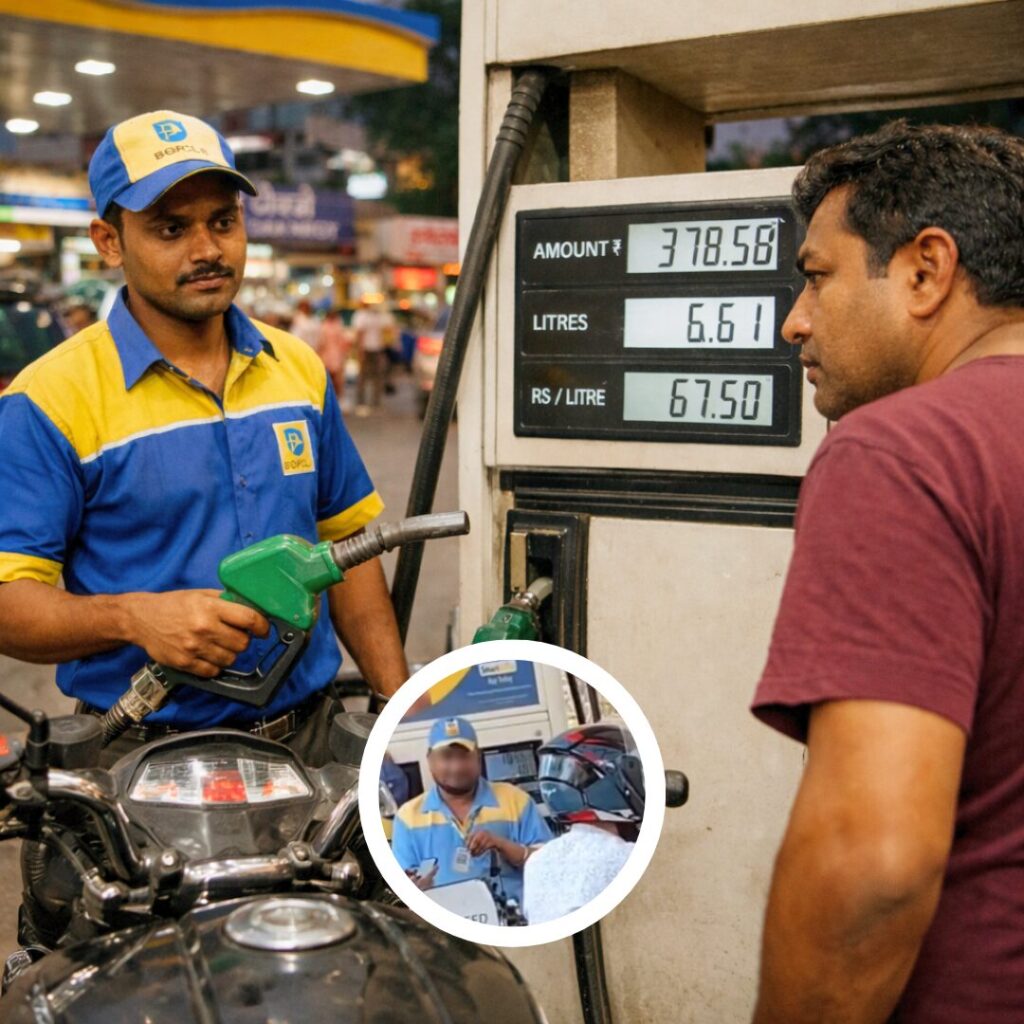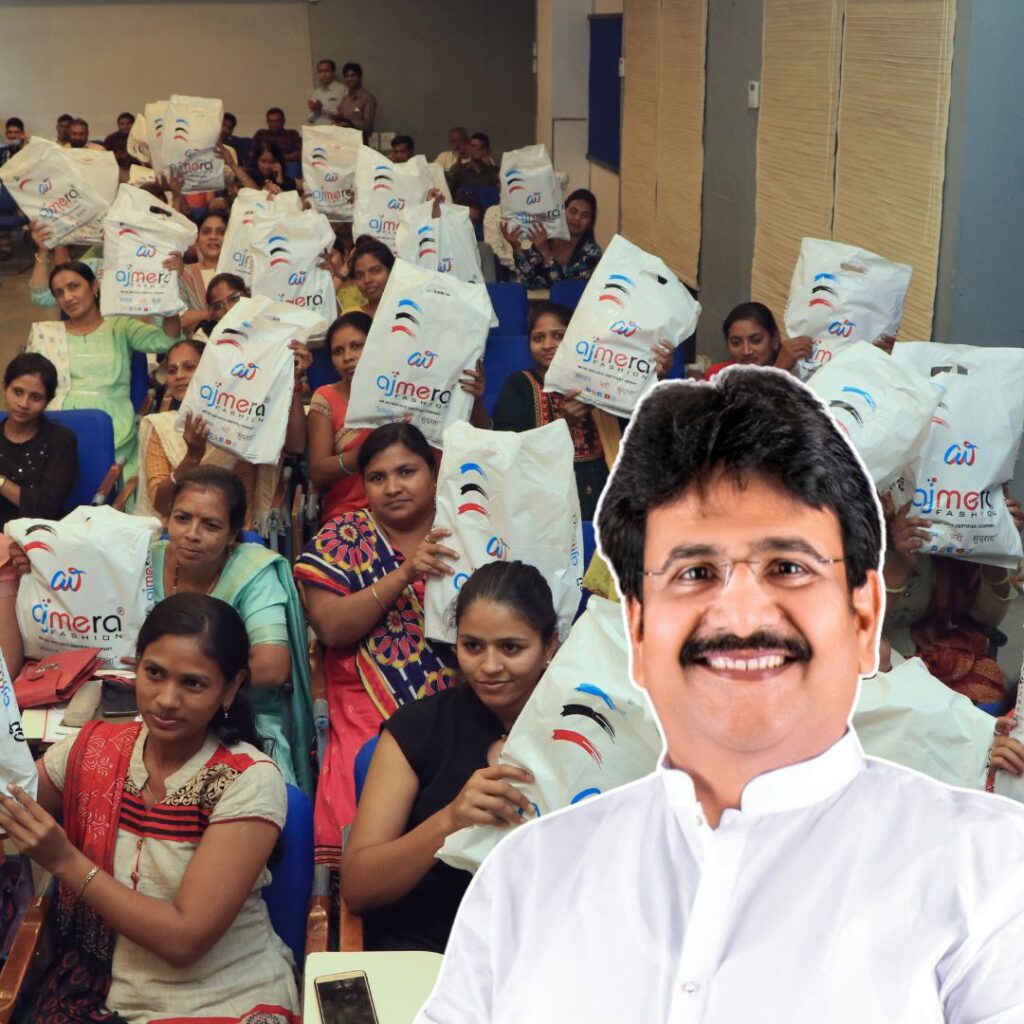Lovely Professional University (LPU), a prominent private university with over 40,000 students in Punjab, has banned American soft drinks including Coca-Cola and Pepsi from its campus. The ban follows the United States’ decision to double tariffs on Indian goods to 50%, a move LPU founder and Chancellor Ashok Kumar Mittal described as “hypocrisy and bullying.” Mittal announced the boycott as the start of a nationwide “Swadeshi 2.0” campaign aimed at encouraging Indians to prioritise domestic products.
The decision has received widespread attention and support, reflecting tensions between India and the US over trade and geopolitics, particularly India’s energy ties with Russia. Officials, students, and industry experts have expressed varied views, making this a significant economic and political gesture by LPU.
Swadeshi 2.0 and LPU’s Bold Stand
LPU’s Chancellor Ashok Kumar Mittal linked the ban explicitly to the historic 1905 Swadeshi movement, where Indians boycotted British goods in their fight against colonial rule. Speaking at Delhi’s Constitution Club, Mittal urged Indians not to bow down to unfair external pressure, stating, “If our forefathers could reject British goods under colonial rule, why can’t we do it today?”
He criticised the United States for its decision to impose steep tariffs despite continuing to import Russian oil, while India is being targeted for ensuring its energy security. Mittal declared that the boycott was a symbolic but firm response signalling India’s strength and resolve.
The university has implemented the ban immediately, and the chancellor revealed growing nationwide support for the boycott, warning that LPU will intensify efforts if the US maintains the 50% tariff.
The Trade Context and Economic Impact
The US tariff hike officially took effect amid escalating trade tensions between India and its strategic partner, the United States. Washington imposed one of its highest-ever tariff rates on Indian goods, a reaction linked to India’s ongoing purchases of Russian crude oil despite Western sanctions. Indian officials, including Foreign Minister Subrahmanyam Jaishankar, emphasise that bilateral ties with Russia remain steady and key for India’s strategic autonomy. In response to the tariffs, the Indian government is advancing economic reforms such as GST restructuring to bolster investor confidence and economic growth.
While economists foresee only a limited GDP impact ranging between 0.2% and 0.9% in a worst-case scenario, they stress India’s strong domestic consumption base, which accounts for around 60% of GDP, will help offset external shocks.
Social and Political Implications
Besides LPU, public figures such as Baba Ramdev, founder of Patanjali, have called for a broader boycott of American goods, including fast-food chains and beverages. Ramdev urged Indians to avoid brands like McDonald’s, KFC, Coca-Cola, and Pepsi, dubbing the call a potential catalyst to pressure the US into reversing tariff policies.
He also advocated for domestic policy support to Indian industries and improvements in the country’s education and medical infrastructure to boost self-reliance and global competitiveness. This growing “Swadeshi 2.0” sentiment reflects wider political and economic nationalism, positioning self-sufficiency as a key response to global trade conflicts. However, the movement also raises questions about balancing nationalism with global integration in a complex international environment.
The Logical Indian’s Perspective
The Logical Indian views LPU’s initiative as a compelling expression of economic self-determination and national pride in challenging unfair global trading practices. While it is crucial to protect domestic interests, it is equally important to engage with international partners through dialogue, empathy, and cooperation to foster peaceful coexistence and mutual growth.
Boycotts and symbolic gestures can ignite awareness and solidarity, but sustainable progress also depends on constructive engagement and innovative collaborations.













